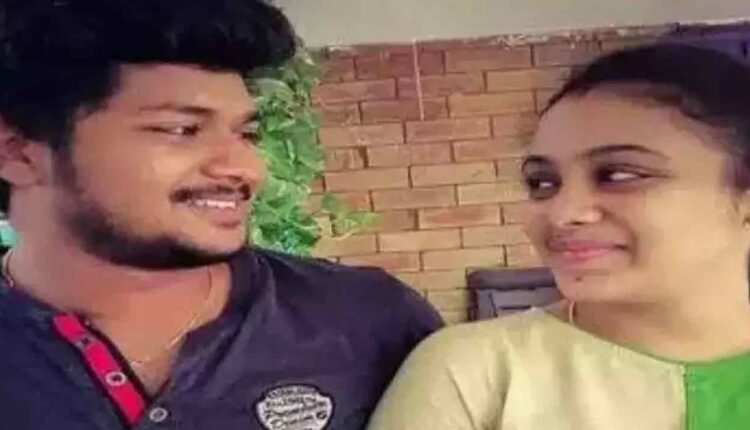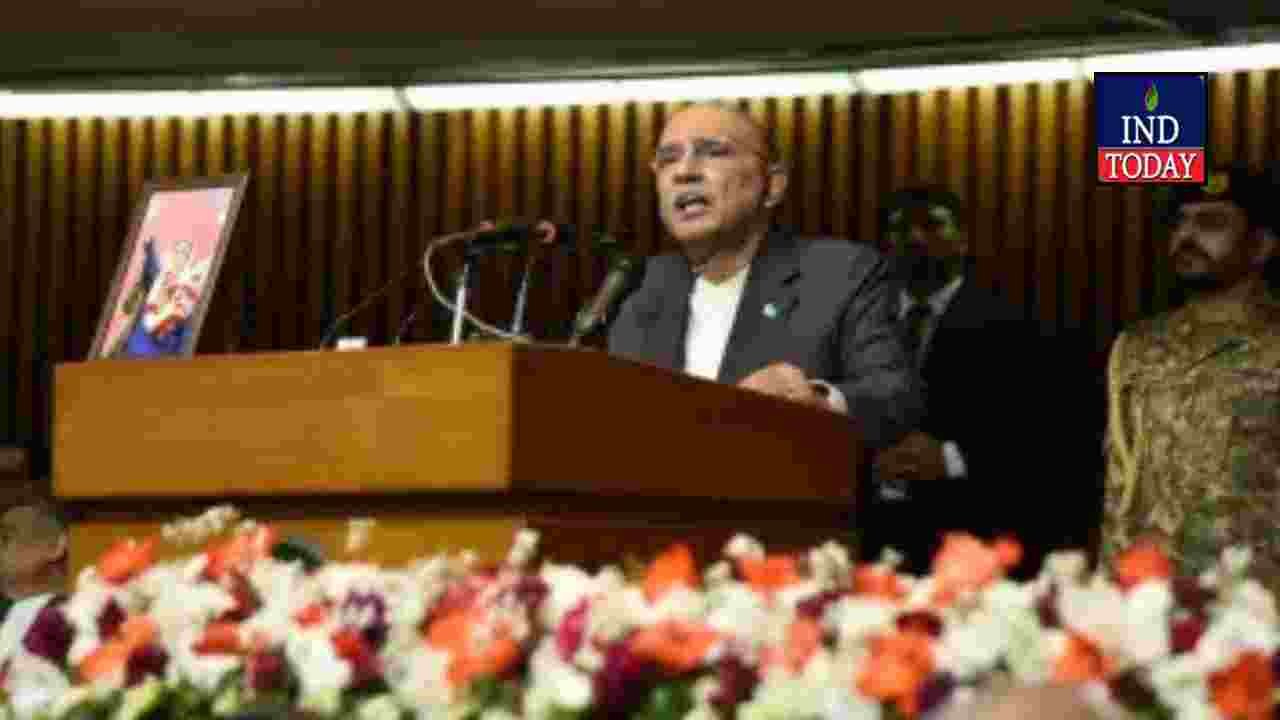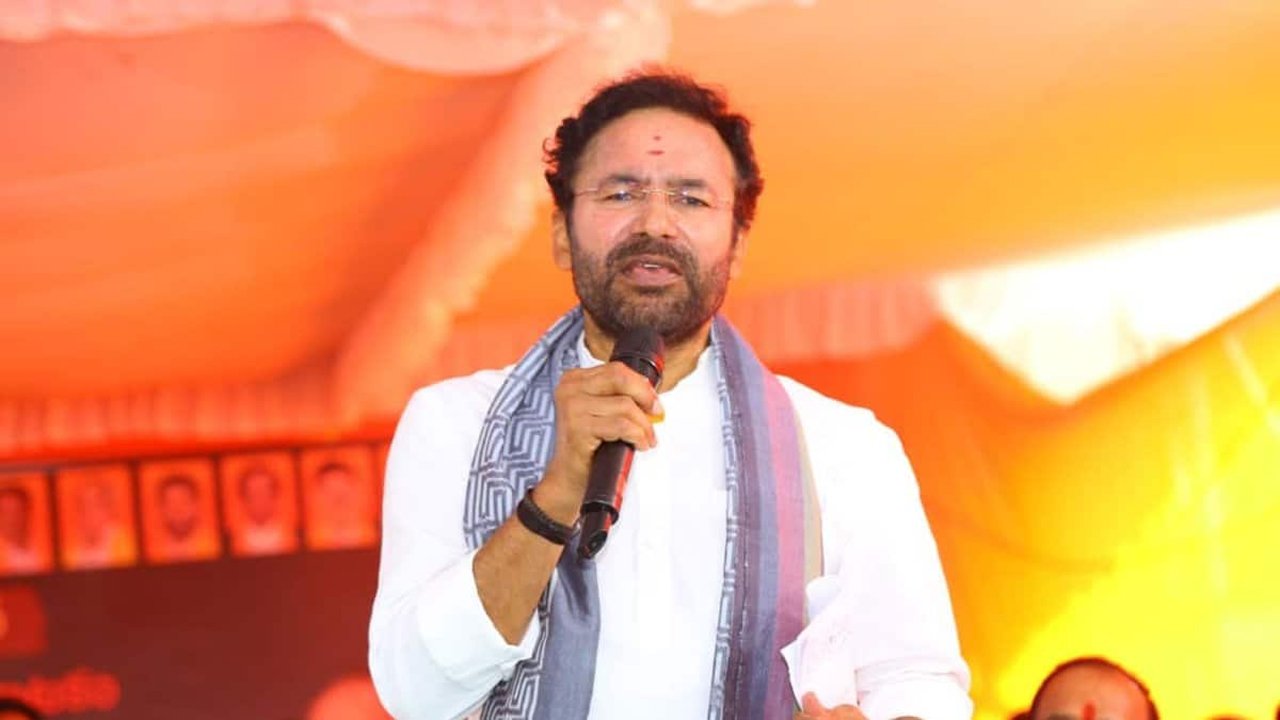Verdict in the 2018 Miryalaguda – Pranay Murder Case: A Death Penalty and Life Imprisonments
Hyderabad, Mar 10 (Maxim News): The much-awaited verdict in the 2018 Miryalaguda honor killing case, which shook the nation, has been delivered. Subhash Sharma, the primary accused in the brutal murder of Pranay Perumalla, has been sentenced to death by the court. The ruling was pronounced by the SC/ST Sessions Second Additional Court, which also handed life imprisonment sentences to all other accused involved in the case.
The punishment was awarded under several sections of the Indian Penal Code (IPC), including Sections 302 (murder), 120B (criminal conspiracy), 109 (abetment), 1989 (offences related to the use of arms), and provisions of the Indian Arms Act of 1959. The case, which highlighted issues of caste discrimination, has finally reached its legal conclusion after years of investigation and court hearings.
The murder of 24-year-old Pranay Perumalla, a Dalit man, on September 14, 2018, sparked nationwide outrage. Pranay was hacked to death in broad daylight as he was walking out of a hospital with his pregnant wife, Amrutha. The brutal nature of the killing and the fact that it took place in full view of the public made it even more shocking. CCTV footage captured the entire sequence of events, showing Pranay being brutally attacked by a group of assailants.
The murder was a result of a deeply rooted issue of caste-based discrimination. Pranay, a Dalit, had married Amrutha, a woman from a higher caste, much to the dismay of her father, Maruthi Rao. Rao, unable to accept his daughter’s inter-caste marriage, orchestrated the entire killing. In a bid to avenge his daughter’s “dishonor,” he hired contract killers, including Subhash Sharma, to carry out the assassination.
Pranay Murder Case: Amrutha’s father Played A Pivotal Role
Maruthi Rao, Amrutha’s father, played a pivotal role in planning and executing the heinous act. His deep-seated caste prejudices and anger over his daughter’s marriage led him to take the extreme step of hiring professional killers to murder Pranay. Subhash Sharma, who was one of the contract killers hired by Rao, was the person who physically carried out the murder. He, along with his associates, followed Pranay and attacked him with lethal weapons, leaving him to die in a pool of blood in the busy streets of Miryalaguda.
Maruthi Rao was arrested soon after the crime, and the investigation revealed that he had meticulously planned the murder. However, he could not face the legal consequences of his actions. In 2020, while still in custody, Maruthi Rao died by suicide in prison, leaving the case incomplete in terms of his conviction. Despite his death, the trial continued for the other accused, and the court’s judgment brings some closure to this painful chapter.
The murder caught the attention of the nation, with widespread protests and demands for justice from various sections of society. The brutal killing brought to the forefront the deep-seated caste discrimination that still exists in many parts of India and how such practices can lead to tragic outcomes. The fact that the murder was carried out by a father against his own daughter’s choice of spouse added a tragic layer to the crime, making it a case of caste-based honour killing.
Subhash Sharma To Life Imprisonment: A Strong Message Against Practice Of Honor
The legal proceedings were closely followed by the media and civil rights organizations. After a thorough investigation, the police managed to arrest all the accused, and the case went to trial. The court has now handed down sentences that reflect the severity of the crime.
The court’s decision to sentence Subhash Sharma to death and the other accused to life imprisonment is a strong message against the practice of honour killings and caste-based violence. While the death penalty for Sharma may be seen as a form of deterrence, it also raises questions about the long-term effectiveness of capital punishment. However, the sentencing does send a clear message that such acts of violence will not go unpunished.
The conviction of all the accused brings some solace to Pranay’s family, especially his wife Amrutha, who had to endure the trauma of losing her husband in such a violent and unjust manner. Although the wounds of the tragedy will never fully heal, the court’s verdict is a step toward justice.
This case serves as a painful reminder of the persistent issue of caste-based violence in India. Honour killings, driven by deep-seated caste and social prejudices, continue to plague the country. The legal system must work harder to ensure that such crimes are eradicated and that justice is delivered swiftly. While this verdict is a significant step forward, it is crucial for society at large to continue the fight against caste discrimination and violence in all its forms. (Maxim News)
More Stories…
Now you can get the latest stories from Indtoday on Telegram every day. Click the link to subscribe. Click to follow Indtoday’s Facebook page, Twitter, and Instagram. For all the latest Hyderabad News updates




